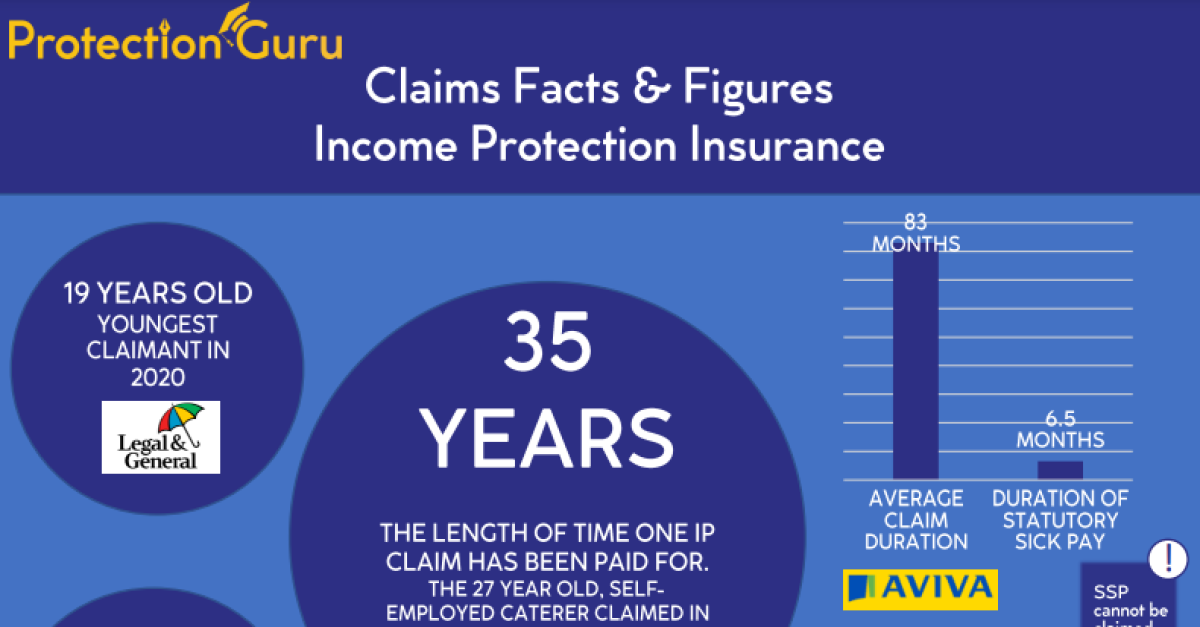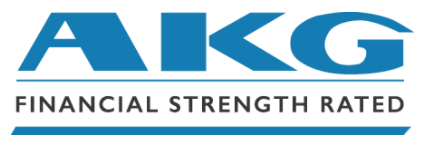
How wealth advisers can join the dots with business protection

There is a school of thought in the advice profession that it is difficult to be all things to all people.
Advisers who take that view follow other professionals like lawyers by specialising in particular aspects of advice, such as wealth and investments. Being a specialist enables them to zone in on their chosen areas and know them inside out.
However, advisers who take a more generalist approach see advice as holistic, where taking care of one aspect of advice will have implications for another area. They get to take a step back and see the whole picture, like having an aerial view of their client’s finances.
Neither approach is right or wrong – they are just different. But what they have in common is the need for wealth advisers to look closely at how they are meeting the Consumer Duty rules, with its focus on achieving good outcomes for clients and evidencing that.
There are plenty of conversations to be had with clients around protection in that context. But should business protection be included where clients are business owners?
Under the radar
Data from the House of Commons published in May shows there were 5.6 million private sector businesses in the UK as of 1 January 2023. Around 5.5 million of those were small- or medium-sized enterprises (SMEs), representing over 99% of firms.
Losing a key person through death or serious illness can be a devasting blow to SMEs – but awareness of business protection is low.
Legal & General’s (L&G) latest ‘State of the Nation’ report on business protection found 75% of business owners had not heard of relevant life plans or executive income protection. Many are unaware of business protection because nobody has mentioned it to them.
It’s fair to say protection in general is not high on the agenda of most wealth advisers. In simple terms, it’s not an area in which they have set their stall out, so they tend not to get involved.
“Business protection is required in the wealth market, but advisers don’t tend to look for it,” says TFA Trusted Financial Advice mortgage and protection director Charly Higman.
“Many don’t feel comfortable talking about products they have little experience with, deem complex or haven’t advised on in several years.”
Being a specialist area within protection advice does business protection no favours in terms of its visibility among wealth advisers. Even those in the protection industry say it can be very technical and more complicated than advising on individual protection, so most wealth advisers have given it a wide berth.
Raising awareness
Some commentators believe Consumer Duty rules mean wealth advisers dealing with business owners should at least raise awareness of business protection and refer it on if necessary.
“Signposting business protection is an integral part of Consumer Duty,” says The Protection Coach director Matthew Chapman.
This makes sense if you consider how tax-efficient business protection policies can be and how they can feed into a business owner’s personal finances.
For example, executive income protection to protect a business owner or director’s income is paid for by the business and classed as a business expense. This will reduce net profits and help to reduce corporation tax.
“You can also include a pension contribution element in the benefit,” says Chapman.
Keeping business and personal finances separate is a discipline drummed into business owners. However, the reality is that they are often intertwined.
Some clients may have structured their business as a partnership, with each partner having unlimited personal liability for any business debts that have been taken out. Others will have made personal guarantees on business loans, where they accept personal liability if their business fails, leaving them potentially unable to repay the loan if the worst happens.
According to L&G, 75% of SMEs have some form of debt but only around 20% protected those debts through an insurance product. It is difficult to forget the Financial Conduct Authority’s words about foreseeable harm when statistics like that are published.
“We’re seeing a growing recognition that just because protection is not your area of expertise, that doesn’t mean you don’t have a responsibility to pass the client onto a colleague or someone who can meet their needs,” says Consumer Duty Alliance chief executive Keith Richards.
A stronger service
Given wealth advisers will be building long-term relationships with clients and finding out all sorts of things about their business, they are well placed to introduce them to the concept of business protection.
Richards draws a parallel between the treatment of later-life lending and protection in the wealth arena.
“There are wealth planners who don’t get involved in later-life lending but that doesn’t mean it shouldn’t be considered,” he says. “It might be an important consideration for a client who doesn’t want to downsize.”
Richards points out wealth advisers who feel they don’t have enough knowledge of later-life lending will refer business to a later-life/equity release specialist.
“Offering a joined-up review means the firm’s service is stronger,” he says. “Wealth advisers obviously need this because they don’t advise on it.”
However, there may be situations in which employing a protection specialist internally makes more sense to an advice firm than signposting to an external expert.
TFA Trusted Financial Advice, for example, believe firms should play to their strengths, using product specialists wherever possible to ensure the client gets the best results. This may mean a client has access to a mortgage adviser, a wealth adviser and a protection specialist within a firm.
“While we don’t want to miss out on business opportunities, we’re also happy to signpost specialist advice externally, if it’s the right thing for the client,” says Higman.
However they cover it, the main thing is that wealth management firms consider all their options in helping clients access advice on business protection.


















